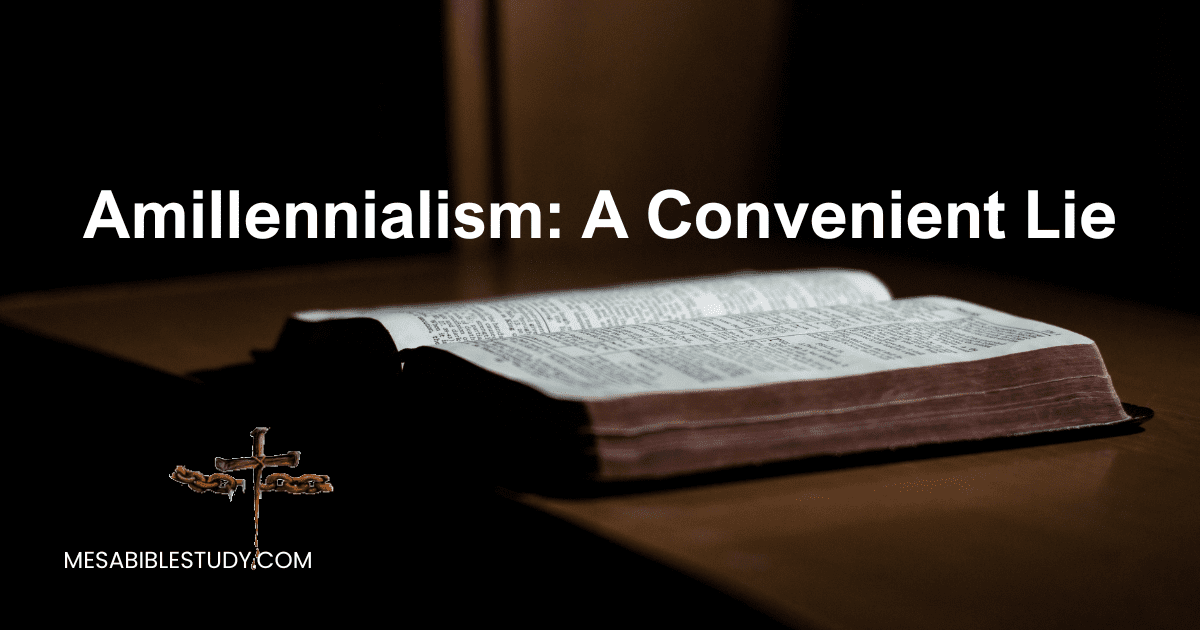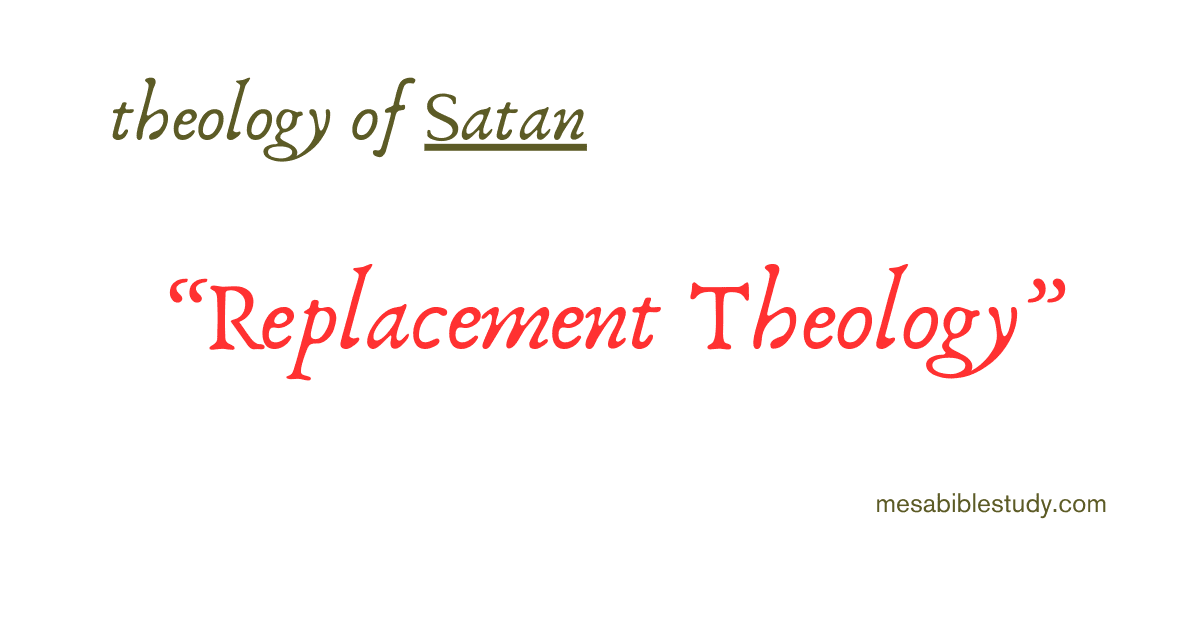Feeling overwhelmed by wars, deception, and a world gone mad? Scripture saw it coming—and for believers, it’s not chaos; it’s God’s plan unfolding. “I am God… declaring the end from the beginning,” says Isaiah 46:9-10. His counsel stands. Paul warned Timothy,…
Daily Encouragement
Sealed for Eternity: The Unbreakable Promise of God
Life is full of uncertainty, but for the believer, one thing is absolutely secure—our salvation. The moment we believe the gospel, something miraculous happens: we are sealed with the Holy Spirit of promise! This seal is not temporary, conditional, or fragile. It is…
Compelled: Living for the One Who Died for Us
Christ’s love completely governs and motivates believers to live for Him. “For the love of Christ compels us, because we judge thus: that if One died for all, then all died; and He died for all, that those who live should live no longer for themselves,…
The Generation That Will Never Face Death!
Imagine a moment unlike any other in history—a day when an entire generation of believers will never experience death! Instead, in the blink of an eye, they will be transformed, caught up to meet the Lord in the air, and enter into eternal glory! This is not…
Amillennialism: The Convenient Lie That Replaced Israel
Why Understanding Amillennialism Matters Understanding Amillennialism is crucial because it directly impacts how we interpret God’s promises to Israel and the Church. This false theology denies a literal future for Israel, claiming that the Church has…
Meditate on What is True, Noble, and Praiseworthy: Finding Peace in Perilous Times
In Philippians 4:8-9, Paul shares a powerful roadmap for believers to maintain peace in a troubled world: “Finally, brethren, whatever things are true, whatever things are noble, whatever things are just, whatever things are pure, whatever things are lovely,…
When Nothing Became Everything: Heavens Declare God’s Glory
Psalm 19:1 proclaims, “The heavens declare the glory of God; the skies proclaim the work of His hands.” This verse beautifully illustrates that all of creation is a testament to the majesty and power of God. Yet Scripture reveals that it is Jesus Christ,…
Global Push for Two-State Solution: A Prophetic Warning
The world is aligning against Israel, just as the Bible foretold. The so-called “Global Alliance for the Implementation of the Two-State Solution,” spearheaded by Saudi Arabia, Norway, and the European Union, is nothing less than a direct challenge to…
The 70 Nations & Israel: God’s Plan in Deuteronomy 32:8-9
Many of my readers have asked me to explain Deuteronomy 32:8-9 in simple terms, particularly how God’s division of the nations connects to His chosen people, Israel. These verses provide a profound glimpse into God’s sovereignty over the nations and His redemptive…
Replacement Theology: A Mockery of God’s Faithfulness
‘Moreover the word of the Lord came to Jeremiah, saying, “Have you not considered what these people have spoken, saying, ‘The two families which the Lord has chosen, He has also cast them off’? Thus they have despised My people, as if they should no more be a…









